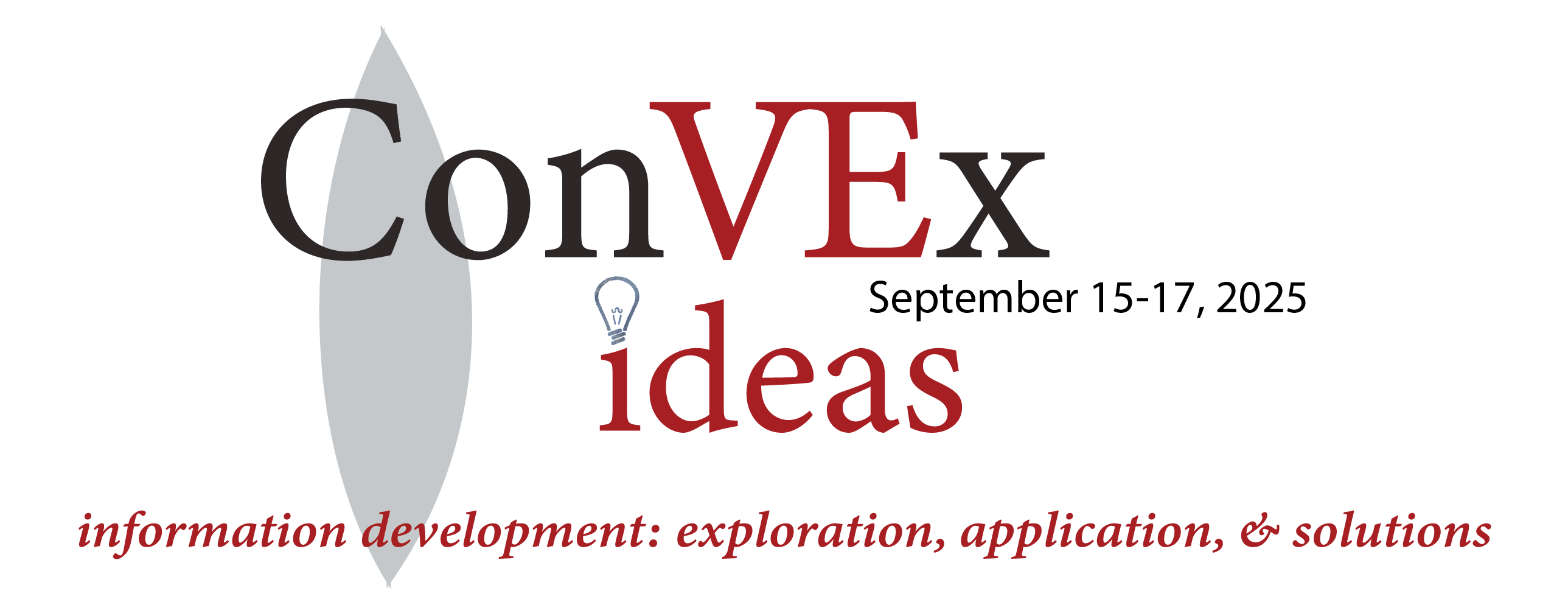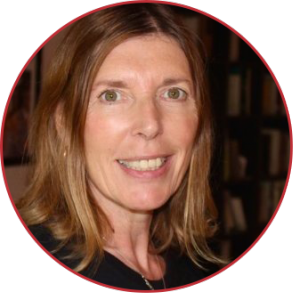Agile Swings and Roundabouts—How to Maximize Wins and Minimize Losses in Your Agile Transformation
Presentation Abstract
After the announcement that R&D would adopt Agile Scrum methodology three years ago, the information development team had many questions. How would we deliver documentation without the detailed design specs we relied on? How could we hope to keep up with 2-week sprints? How would we respond to a philosophy which apparently de-prioritized documentation?
Three years later, the team has made significant gains, but we also lost ground – sometimes in unexpected places. The good news is that it is possible to prepare and to mitigate the negative impacts of Agile on content and process. This presentation will share our experiences of:
- Resourcing and motivating the information development team in an Agile environment
- Managing the impacts of change in the move to Agile
- Adapting the documentation development cycle, from planning to quality control, to work with Agile
- Optimizing the role of the information development manager in an Agile framework
What can the audience expect to learn?
This presentation targets managers who have just moved to Agile or will move in the near future. I intend to present a broad, high-level survey of our experiences, so the audience can get a sense of the transformation scope, and the many places where Agile impacts existing ways of working.
I intend to share the positive and negative experiences of a large, globally distributed team in a huge multi-national company during our move towards the Agile transformation. I will discuss our fears and problems during the journey towards co-existence to provide real-life scenarios and use cases, including the human impacts of change. I will also talk about the gains our team experienced with Agile, to inspire and encourage an Agile mindset. I will also describe some of our solutions, so the audience can benefit from our experiences, and plan for similar challenges in their own environments.
Themes include:
- Scaling the team to meet Agile resourcing needs – the method we used to find our writer: cross-functional team ratio
- Keeping the tech pubs group feeling and acting like a team, while encouraging strong XFT relationships
- Preventing writers feeling isolated and unsupported as the sole tech pubs voice in an R&D team – the importance of co-location
- Handling remote teams
- Planning in an Agile environment – this was strongly influenced by CIDM presentations (Bill)
- Controlling quality in a distributed authoring environment – our peer review, editing, and IA strategy
- Retaining a holistic set of information which serves the customers’ needs
- Monitoring the Agile transformation and identifying warning signs—I will touch on the survey we conducted with SMs and OPOs to see how well the writers were doing in the cross-functional teams
- Managing the team in an Agile environment—talk about the changing role of the line and project management, how to let go of old ways of managing and embrace new areas of responsibility.
Meet the Presenter
Sharon Figueira has worked in the technical communications field for 18 years, 15 of them as a manager, mostly at the enterprise level. She led technical publications teams through a range of practices, including waterfall, lean, Agile, and also some interesting hybrid environments. Sharon has been through two major acquisitions, two migrations to DITA/CCMS, and has led teams through offshoring and outsourcing. In 2012 (wasn’t it 2010?), she was sent on assignment to live in Bangalore to hire, train and onboard a new team and local manager. She has worked as a project manager, handling the documentation for major releases for Ericsson, and as a line manager, managing teams across 4 time zones and 7 sites. From 2013 – 2015 she was one of a dozen Ericsson staff participating in a global migration to a DITA/CCMS, taking a leading role on the vendor selection, POC, pilot, and deployment. In 2016, her team was transitioned to HCL, and shortly after that she led the HCL team to win the RFQ to migrate Ericsson legacy content to a DITA/CCMS environment.

